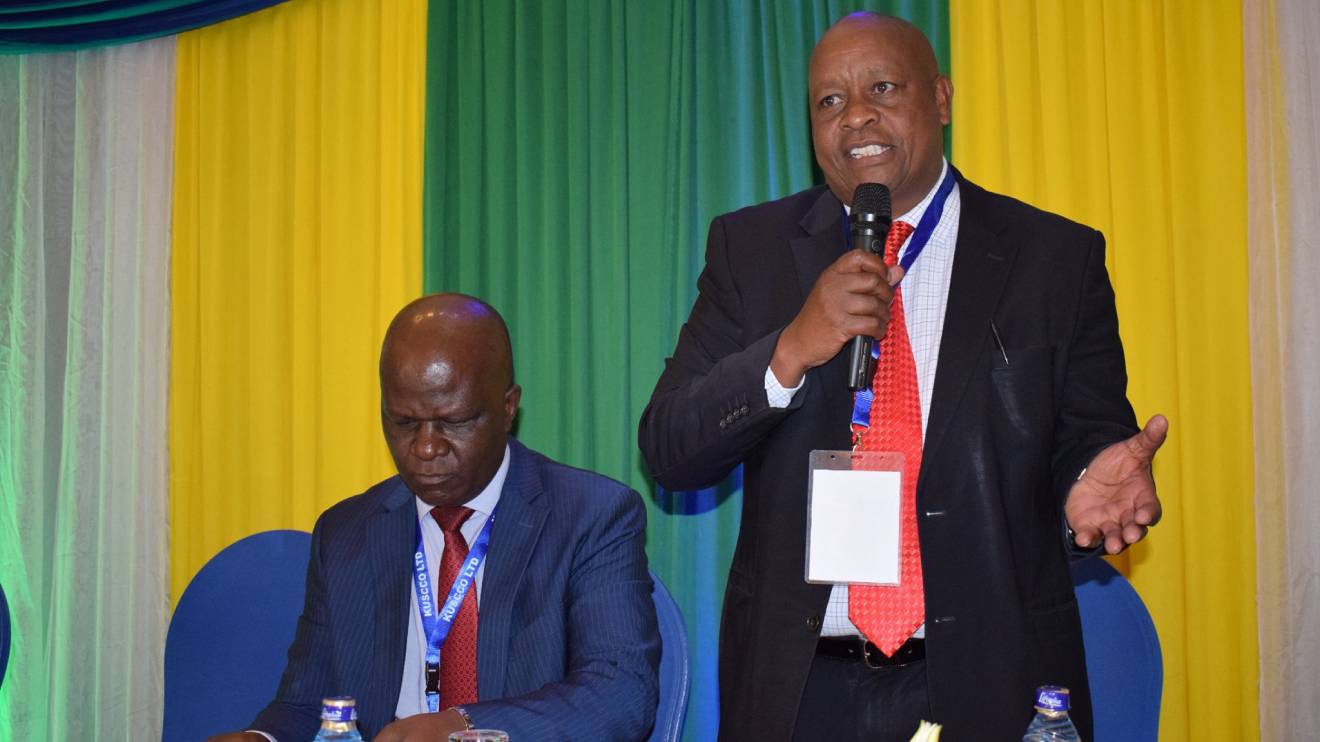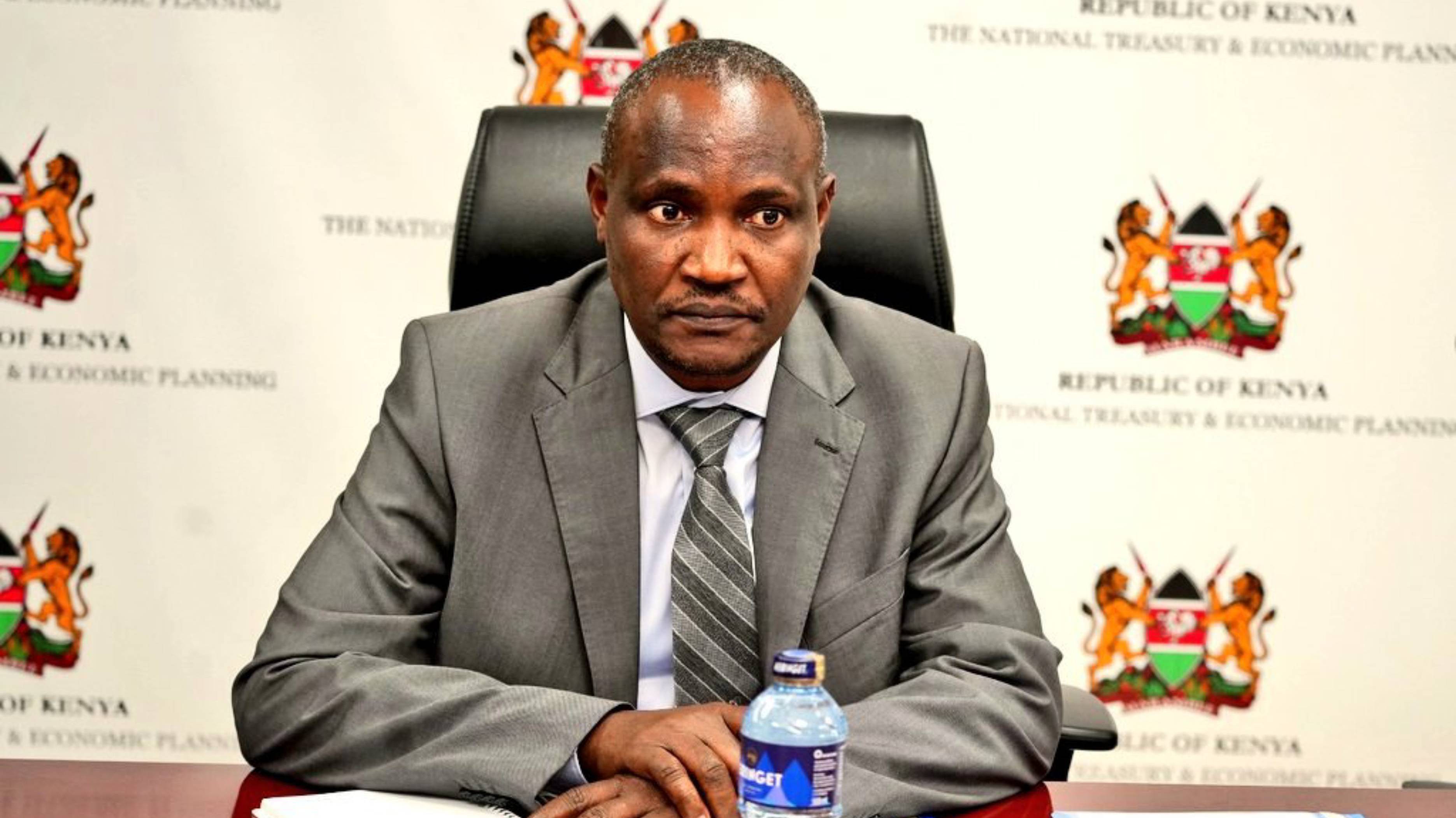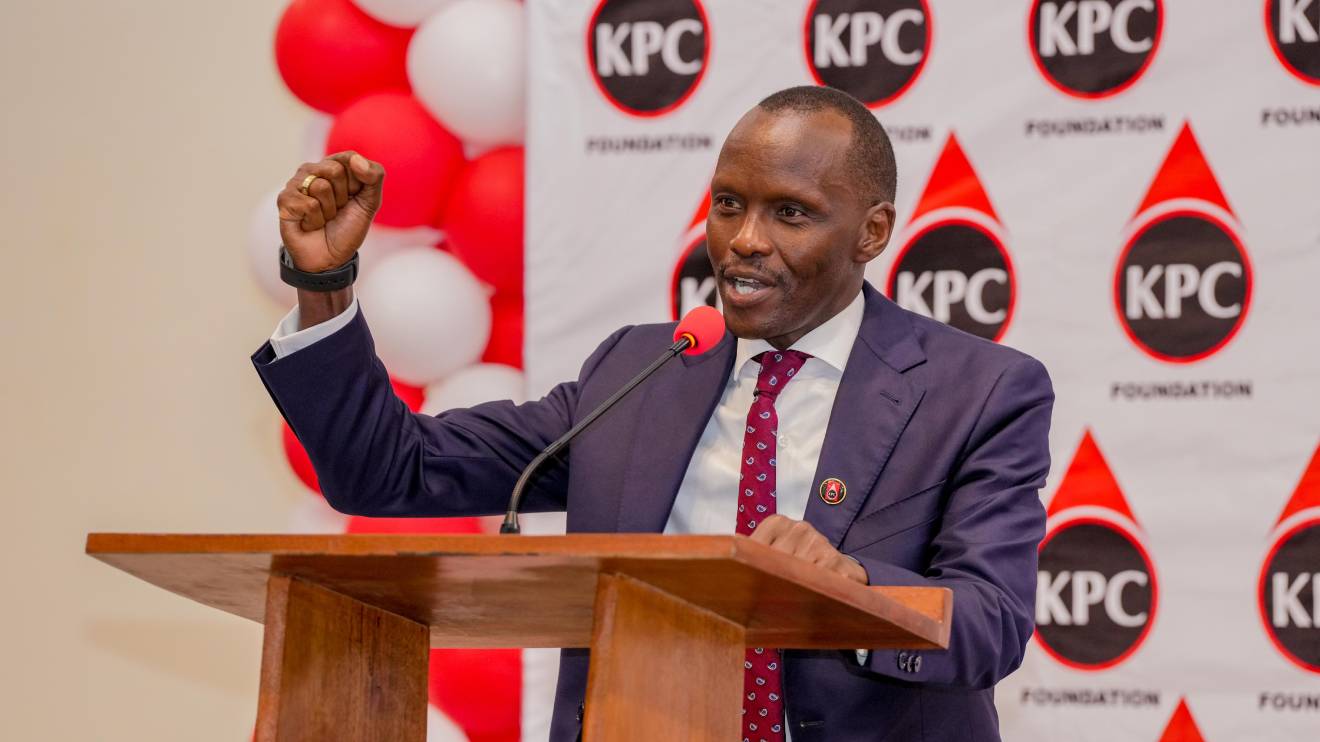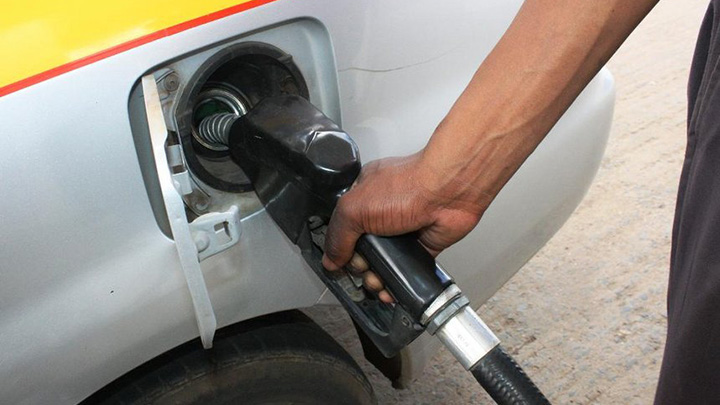From April 14 to April 17, 2025, the annual Cleft Week campaign will bring transformative cleft lip and palate surgeries to children across Kenya.
This initiative is set to provide life-changing treatments to over 80 children, with the number reflecting the cumulative impact of previous and upcoming surgeries across multiple hospitals, including Guardian Hospital in Meru.
Screening and admission will take place on April 13, 2025.
The event, referred to as Cleft Week, is being organised by Smile Train in collaboration with the Kenya Society of Plastic, Reconstructive, and Aesthetic Surgeons (KSPRAS), coinciding with global Paediatric Surgery Day.
Smile Train’s Senior Program Manager for East and Southern Africa, Joseph Kariuki, said that working through local hospitals enables children to access care closer to home and without delays.
Read More
The programme also includes nutrition support.
“Through our partner network, Smile Train continues to raise awareness that no child should live with untreated clefts. Our partners provide treatment year-round, and Cleft Weeks help ramp up awareness while dispelling myths about this congenital condition,” Joseph stated.
KSPRAS President, Prof. Ferdinand Nangole, encouraged families from the Meru region to attend the screening, stating, “Timely cleft surgery not only offers medical intervention but also transforms lives—giving these children a brighter future, filled with hope, confidence, and a sense of belonging.”
Similar cleft surgery campaigns have previously been conducted at Moi Teaching and Referral Hospital in Eldoret and Nyanchwa Adventist Hospital in Kisii.
Smile Train states that treatment is available throughout the year at partner hospitals and is provided free of charge.
The organisation noted that changes in international donor funding models have had an impact on programmes in lower-income settings.
However, it continues to train healthcare workers to maintain surgical services within local systems.
“There have been notable shifts in how donors support local programs, which is why Smile Train continues to invest in building local capacity by training medical professionals to sustain cleft care within the community," Joseph stated.
"We remain focused on ensuring cleft surgery and comprehensive cleft care reach those who need it most. These global shifts also present an opportunity for the government to strengthen its surgical and anesthesia policies."
Smile Train began operating in Kenya in 2002 and works through a network of 22 partner hospitals. According to the organisation, over 13,000 people have received cleft treatment to date.
The long-term economic impact of Smile Train’s interventions in Kenya is significant. According to the charity’s 2024 global study Smile Train at 25: $69 Billion in Impact, more than 10,935 primary cleft surgeries supported in Kenya have helped prevent nearly 88,000 years of disability and delivered economic benefits valued at over Sh30.7 billion.

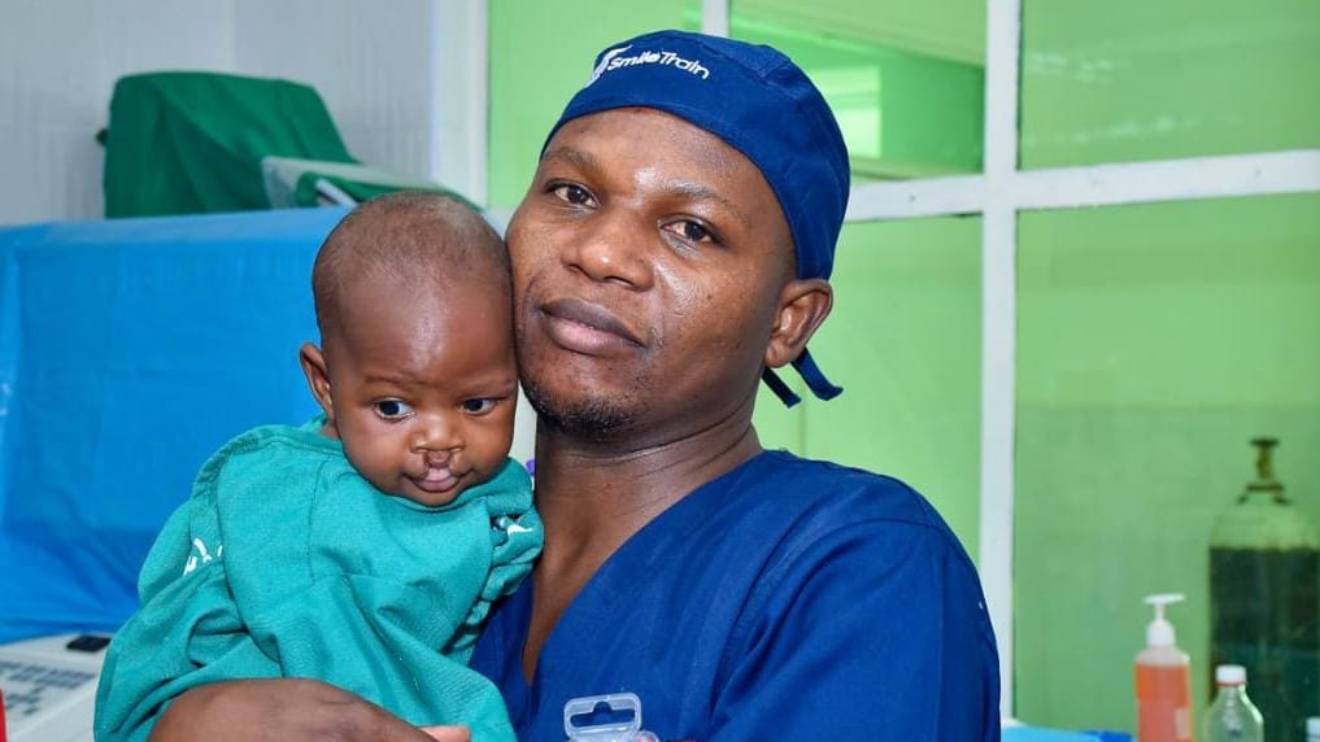
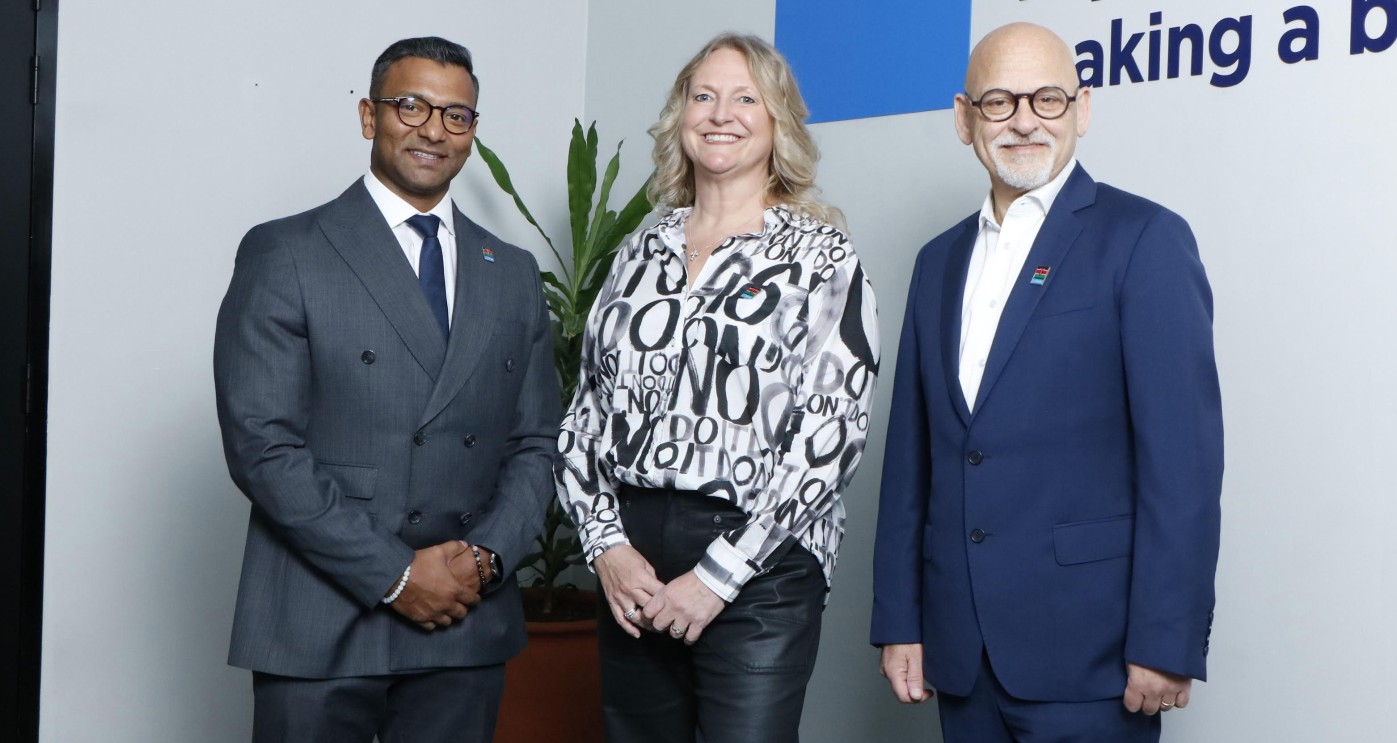
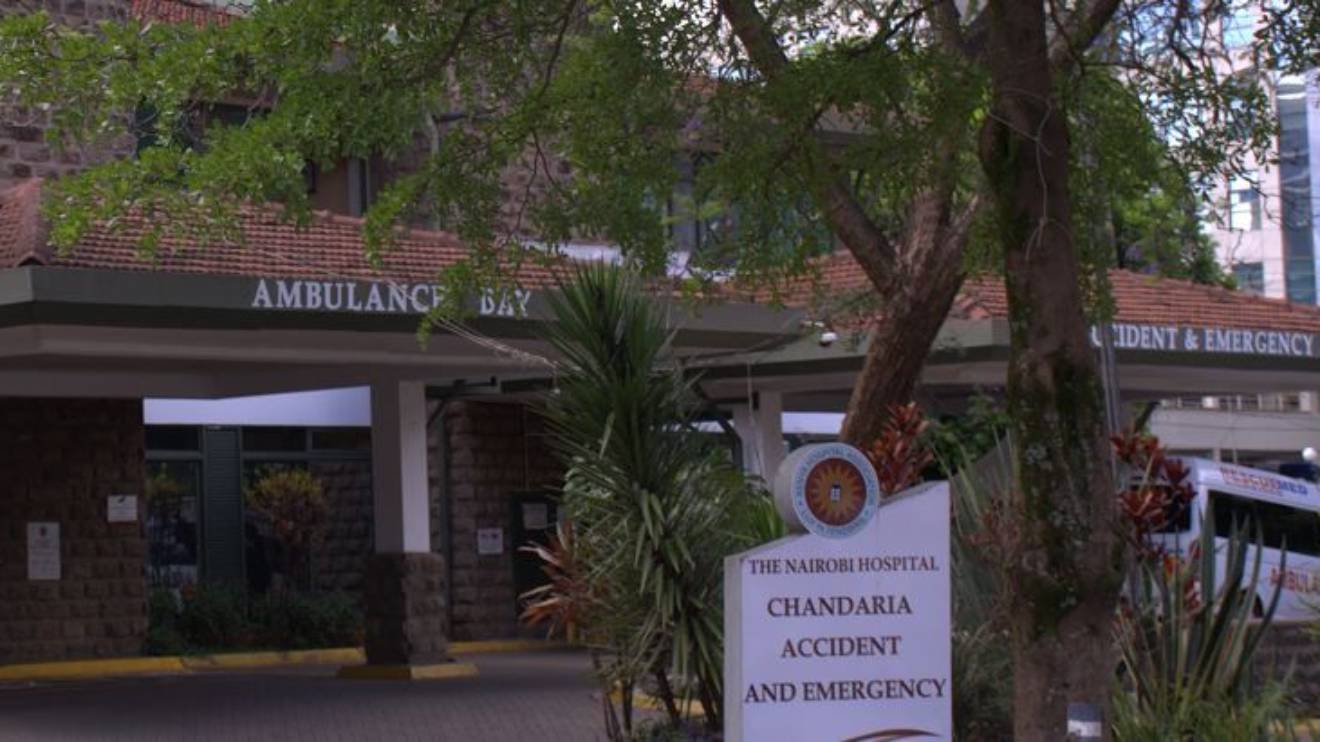
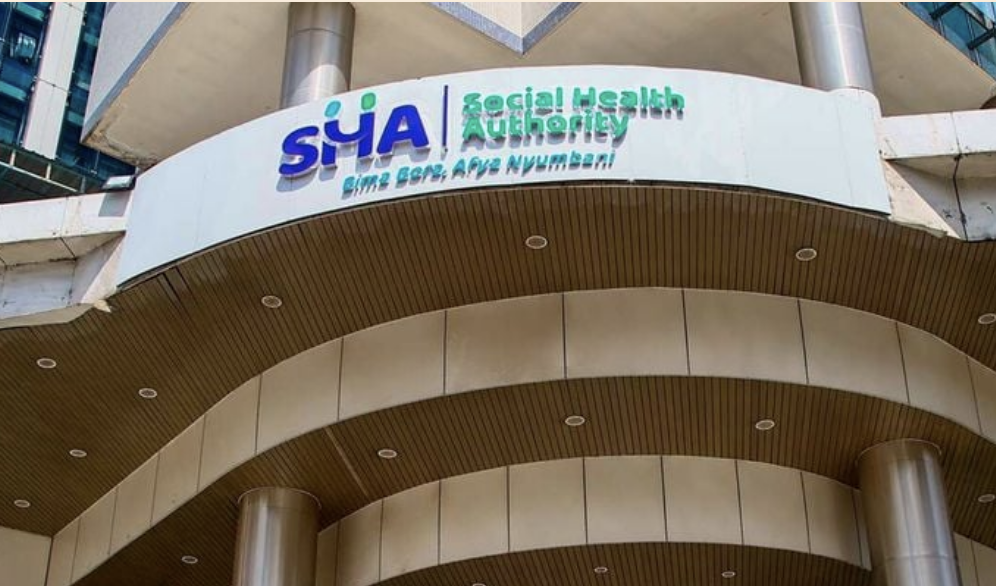
-1740145347.jpg)

